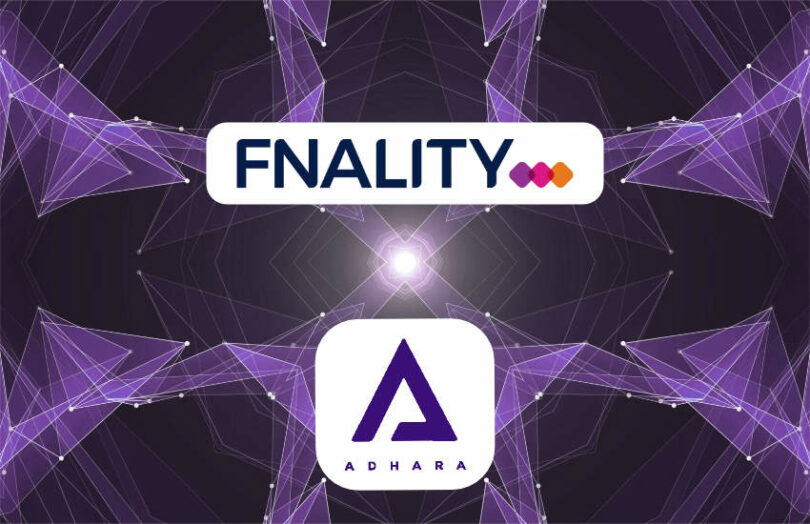Blockchain settlements firm Fnality has tested connectivity with Adhara’s bank liquidity solutions as the latest step on its path to launch. Fnality’s blockchain settlement tokens are backed by deposits at a central bank. Seventeen major financial institutions invested in the firm, and it is already designated as a systemically important payment system in the UK. It plans to launch this year.
Fnality’s vision from the start has been to improve bank liquidity. In these trials, Fnality provides the payment instrument and Adhara provides the liquidity management software. It’s not surprising that they integrate well as Adhara is also Fnality’s technology partner.
The need for liquidity management
Fnality’s multinational banks keep cash or pools of liquidity in branches around the world. With blockchain it is possible to manage liquidity centrally.
Additionally, tokenized payments enable instant settlement. While that sounds great, if everything is settled instantly, at some point during the day, the cash requirement can be exceptionally high. So banks want to control the precise timing of payments and to net some of them intraday.
The tests showed that Adhara’s liquidity and digital payment hubs interoperate well with Fnality’s payment systems.
“Hubs allow them (banks) to internalize their intra-group liquidity management and settlement flows to optimize their intraday liquidity buffers and to greatly improve their corporate treasury and payments offerings towards real time, 24/7, fully transparent and instant cross currency services,” said Julio Faura, Co-founder and CEO of Adhara.
It trialed corporate client payments from Mexico in MXN to Singapore, received in SGD. The intermediary currency was USD handled through a centralized and tokenized USD liquidity hub. And the Singapore bank was paid with Fnality USD.
Late last year, Fnality conducted another trial. This time it was with HQLAᵡ, the DLT collateral management platform, where Fnality tokens were used to settle the cash leg. The banks involved were Santander, Goldman Sachs and UBS.
If Fnality tokens are to be used for on chain settlement, they need to interoperate with different types of ledger. In the HQLAᵡ example, the collateral system uses R3’s Corda enterprise blockhain, whereas Fnality is based on Hyperledger Besu (Enterprise Ethereum). That trial involved some interoperability work by Adhara, and now Adhara and R3 are developing a new interoperability project, Hyperledger Harmonia.






